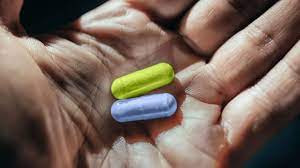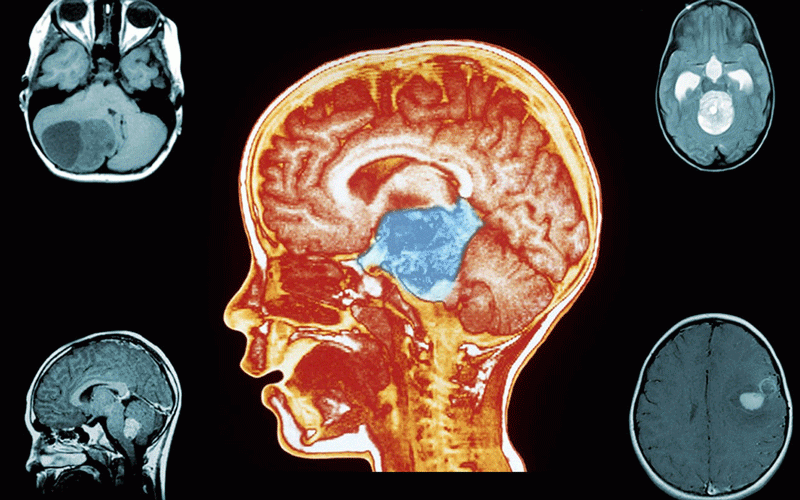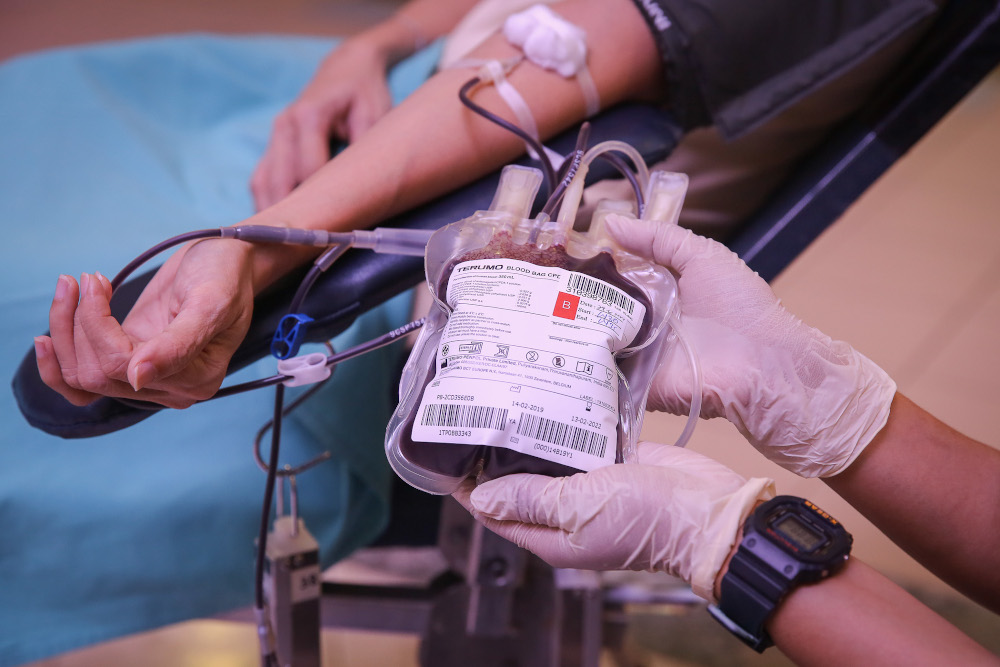
Antibiotics are an effective way to treat or prevent many bacterial infections. However, over-use of them can result in bacteria becoming resistant to them, rendering the drugs ineffective.
Anti-microbial resistance occurs when bacteria develop defences against the antibiotics designed to kill them or stop their reproduction. This makes the drugs useless against the new resistant strains, allowing resistance to grow and spread, creating drug-resistant infections that can be difficult to treat.
According to the World Health Organisation, Anti-Microbial Resistance (AMR) is one of the biggest threats to global health.
Antibiotics used to be prescribed routinely for many bacterial infections but as the dangers of drug resistance have become more apparent, doctors in many parts of the world are now more cautious about their prescription, particularly for minor illnesses.
This has not stopped many people insisting that they need an antibiotic and even obtaining them unprescribed from unauthorised sources.
AMR occurs naturally but misuse or overuse of antibiotics in the treatment of both humans and animals is accelerating the process.
It is the bacteria, not humans or animals, that become resistant. These drug-resistant bacteria cause illnesses that are difficult to treat because of their resistance to previously used antibiotics.
A growing number of infections such as pneumonia, tuberculosis, gonorrhoea and salmonellosis are becoming more difficult to treat as the antibiotics used to treat them continue to become less effective.
- Zim health system is in intensive care: How it got there
- Measles threat growing
- Take your child for measles vaccination
- Residents cry foul over Ngozi Mine pollution
Keep Reading
Treatment
Illnesses that are treated with antibiotics include strep throat, pneumonia, athlete’s foot, yeast infections, tapeworms, gonorrhoea and urinary tract infections.
If the infection is caused by a drug-resistant organism, standard drug treatment may not work.
Diagnostic laboratory tests can discover which bacteria are causing an infection and determine whether the microbes present are resistant to certain antibiotic medications.
However, these tests can take days or even weeks as the microbes or bacteria being tested must grow in a laboratory before they can be identified.
The likelihood is that a general antibiotic will be prescribed pending the results of the laboratory tests.
Resistance to first-line antibiotics requires the use of more expensive medicines and leads to longer hospital stays, higher medical costs and increased mortality from illnesses previously easily treated.
In some cases, your doctor may require you to take a higher dose of the antibiotic or take the medication for a longer period.
You may be asked to try multiple medications in combination or experiment with non-medication treatments.
Infection prevention
It is not possible to eliminate AMR, as microbes or bacteria will always be able to modify themselves and adapt to their environment.
However, there are ways you could limit your exposure to infection. Keep your distance from those you know or suspect have an infection.
Follow good general health practices such as having a balanced diet, regular exercise, sufficient sleep and good hygiene, especially frequent hand-washing to prevent transmission of germs.
Prepare food hygienically. Keep your cooking area clean. Use safe water. Separate raw and cooked food. Cook the food thoroughly and keep it at safe temperatures. You could be vaccinated against certain illnesses.
Combatting drug resistance
You can make your own contribution to combatting AMR by never self-medicating and by accepting your doctor’s decision on the use of antibiotics. Do not put pressure on the doctor to prescribe antibiotics if he or she says you do not need them.
Only use antibiotics that have been prescribed by a certified health professional. Do not take another person’s prescription medication or share yours.
When antibiotics are prescribed, follow the directions exactly. Complete the course of antibiotics, even if you feel better. Never save old prescription drugs for use at a later time.
Check the expiry date of the antibiotics before taking them. You should make this a general rule when taking any medication.
Discuss your symptoms accurately with your doctor or other healthcare provider to help them decide on the correct medicine to treat your illness. Tell your doctor about any medications you take and any allergies you have. The way you take antibiotics has an effect on how they will work to treat your illness. Always make sure you ask your doctor, healthcare provider or pharmacist how and when you are supposed to take your antibiotic. Ensure you take your antibiotics at the correct times so the medicine’s effect is spread out evenly over the course of a day. Make sure you ask your doctor or healthcare provider if you should take your medication with food or on an empty stomach.
If you miss a dose, take it as soon as you remember. However, if it is close to your next scheduled dose, skip it and take your next dose at the regular scheduled time. Never take two doses at once to make up for a missed dose.
Taking alcohol with medicine is generally not advised. You could check with your doctor or pharmacist whether alcohol would interfere with the efficacy of the antibiotic you are taking and, if it would, how long after taking the medicine you should wait before consuming alcohol.
Side effects
Most antibiotics are powerful drugs and should be used carefully. Common side effects are usually mild. These may include diarrhoea, stomach ache, nausea, yeast infections and headaches. If your side effects do not go away or become serious, contact your doctor or healthcare provider as soon as you can.
- The information in this article is provided as a public service by the Cimas iGo Wellness programme, which is designed to promote good health. It is provided for general information only and should not be construed as medical advice. Readers should consult their doctor or clinic on any matter related to their health or the treatment of any health problem. — [email protected] or WhatsApp 0772 161 829 or phone 024-2773 0663










